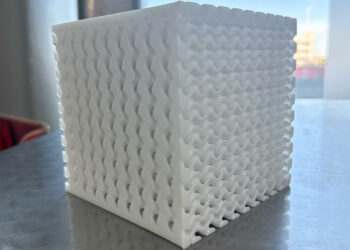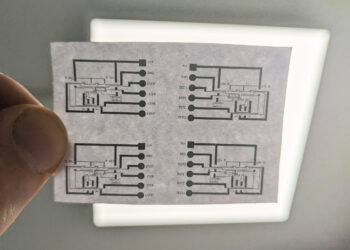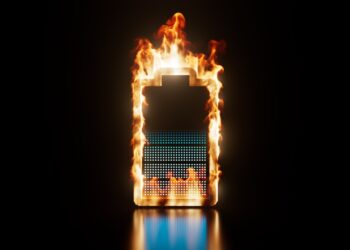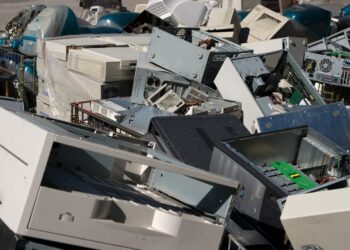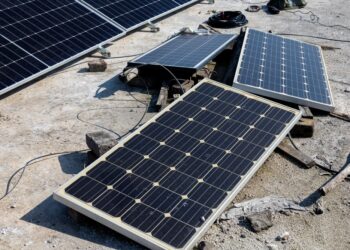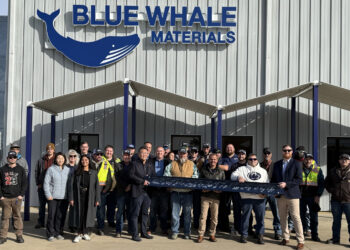E-Scrap News
UT Austin spinout Supra launches to recover rare earths
Supra Elemental Recovery launched today, aiming to recover gallium and scandium from US waste streams to help reduce import dependence...
Glasgow researchers develop compostable circuit boards
University of Glasgow researchers made zinc circuit boards that biodegrade in compost, targeting disposable electronics like pregnancy tests and sensors.
Cirba Solutions: Battery fires stoking EPR bill movement
As batteries appear in everything from light-up shoes to electric vehicles, new EPR laws are reshaping recycling requirements.
US-EU trade rift adds risk now for ITAD and e-scrap trade
Trade tensions between the US and EU are reshaping ITAD and e-scrap markets, lifting demand for refurbished hardware while increasing...
Solarcycle starts up Georgia recycling plant
Solarcycle has begun operating its Cedartown solar panel recycling facility, clarifying the status of a long-planned project that was previously...
Cyclic Materials closes on USD $75 million for domestic rare earths recovery
Cyclic Materials’ Mesa, Arizona site, the very first scale-up of a commercial plant for recycling and local production of rare...
Certification scorecard for week of Jan. 26, 2026
The following are facilities that have achieved, renewed or otherwise regained industry certifications recently
Europe pulls ahead on ITAD now while US growth remains slower
Early 2026 shows Europe accelerating IT asset disposition investment through facilities, acquisitions and regulation, while US ITAD growth continues in...
Blue Whale scales up battery recycling in OK
Blue Whale Materials is expanding its Bartlesville, Oklahoma battery recycling site, scaling Blacksand output for refiners seeking US cobalt, nickel...
IT security driving plans, reshaping budgets
Sage’s 2026 benchmarking report finds data security dominating ITAD decisions as laptop cycles shorten, server resale values surge and more...
More Posts
Work With Us
Newsletter
Get the latest recycling news and analysis delivered to your inbox every week. Stay ahead on industry trends, policy updates, and insights from programs, processors, and innovators.















